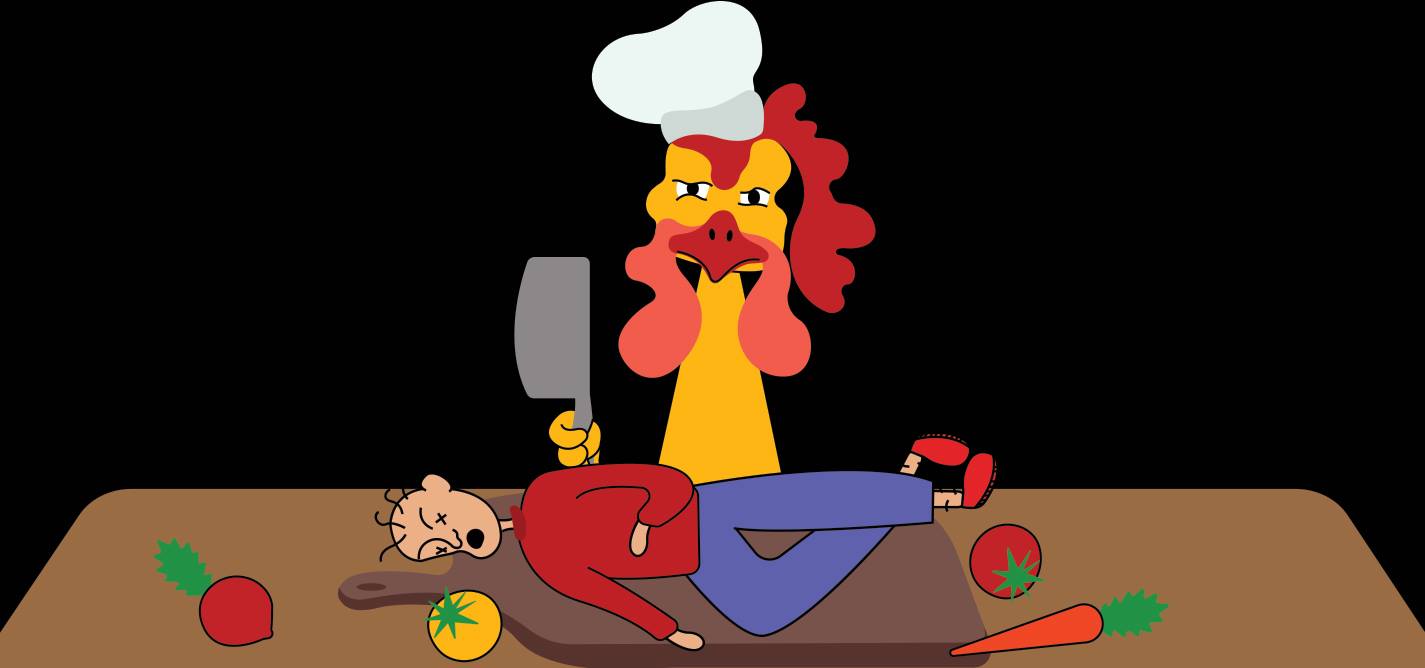
Kosovo, animal welfare and the equal consideration of rights and dignity
How to accept the non-human animal perspective.
“Animal dignity” is brushed under the carpet and anyone who might get courageous enough to talk about this topic, is deemed either crazy or “too European.”
Many species that are in theory protected by laws and regulations in Kosovo are endangered.

Elza Ramadani
Elza Ramadani’s early career path was oriented toward human rights, as she began working at the Humanitarian Law Center in Prishtina, and then with youth empowerment projects in Peja and Prishtina. Currently, she is working as an advisor for youth employment at the German Corporation for International Cooperation (GIZ), and works at the Animal Rights Foundation in Kosovo, an organization that she has founded. She is also a board member of the Sustainability Leadership Kosova organization.
This story was originally written in English.